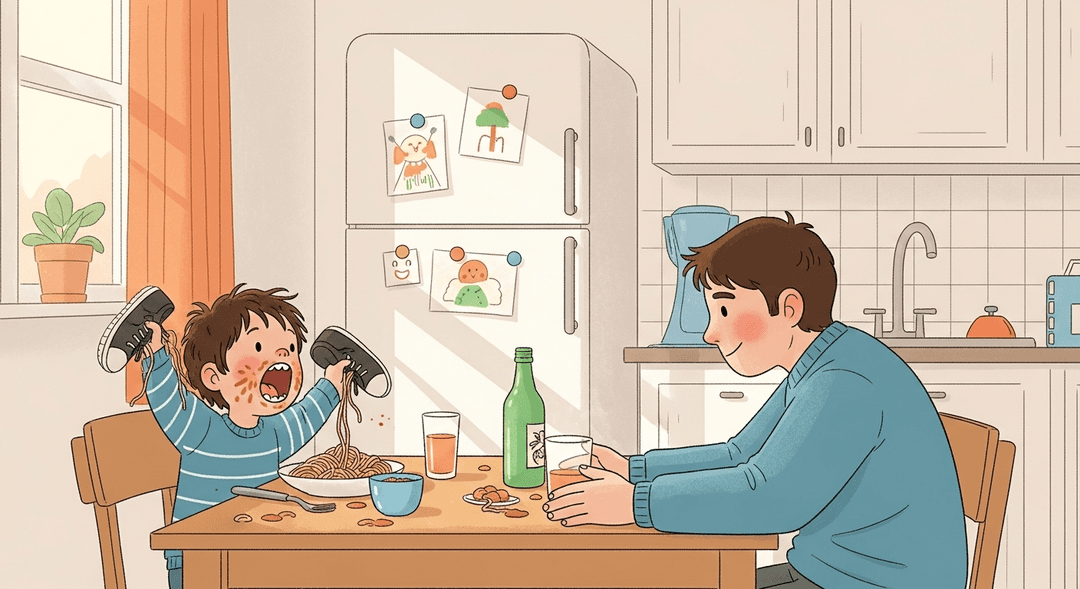Foster a Sense of Belonging and Acceptance
Ever looked at your kid—covered in spaghetti, mid-tantrum, possibly wearing your shoes on their hands—and thought, 'Yep, that’s my little weirdo'? Welcome to the club! This is about showing your child they belong, even when they’re at their messiest, loudest, or most dinosaur-roaring-est. If you’ve ever wanted to wrap your kid in a big ol’ metaphorical (or literal) bear hug and let them know they’re safe in your tribe, this one’s for you.
When kids feel unconditionally loved, their brains release oxytocin (the snuggly, trust-building hormone), which helps them form secure attachments and boosts resilience. This sense of belonging acts like a psychological force field, protecting them from anxiety and helping them bounce back from the world’s inevitable ‘oopsies.’ For parents, it’s a reminder that you’re building trust and emotional safety—even if you’re also building a LEGO city that’s about to be stomped.
How to do it
-
Say "I love you" at totally random moments—not just when it looks good for Instagram. Let your child hear it when they least expect it.
-
Listen with genuine interest when your kid tells you long, rambling stories about robot unicorns or anything else on their mind.
-
Celebrate weirdness in your family. Matching socks are optional, but acceptance is not.
-
When your child makes a mistake (even if it’s the hundredth time), remind them they’re loved first. Then, work together to fix the mess.
-
Make your home a safe place where mistakes are okay and hugs are always available.
Tips:
- Spontaneous affection means more than planned gestures.
- Active listening shows your child their thoughts matter.
- Embracing quirks builds confidence and trust.
- Responding to mistakes with love encourages honesty.
- A supportive home environment helps kids feel secure.
